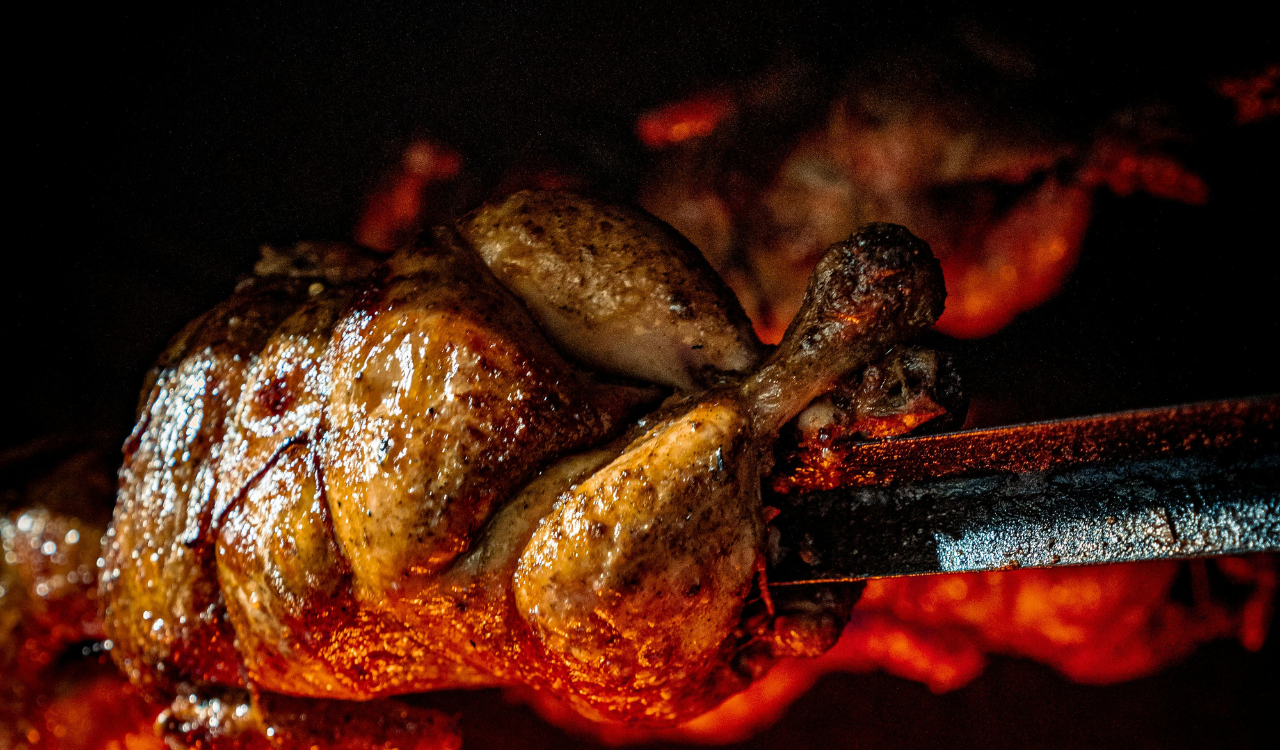Food Truck Rules That Affect Where And When Vendors Can Park in US

Food trucks are more than a culinary trend; they’re mobile restaurants navigating a web of rules that dictate where, when, and how they operate. From federal food safety standards to city-specific parking restrictions and curfews, every decision impacts a vendor’s ability to serve fresh, safe meals. Understanding these regulations is essential for operators who want to maximize profits, stay compliant, and keep customers happy while rolling through city streets.
Food Truck Regulations Across the U.S.
Running a food truck in the U.S. isn’t just about good recipes; federal rules play a big role in keeping both vendors and customers safe. The FDA’s Sanitary Transportation of Human and Animal Food rule ensures trucks transporting food maintain proper temperatures and hygiene throughout the journey. Trucks must have appropriate storage, monitoring tools, and sanitation protocols to prevent contamination before the first customer takes a bite.
The Food Safety Modernization Act also sets the tone for operational safety. Vendors must follow guidelines for handling perishable items, maintaining clean surfaces, and preventing cross-contamination. Compliance isn’t optional; it directly impacts both public health and a vendor’s ability to operate legally.
State and Local Permits
Beyond federal rules, each state and municipality adds its own layer of requirements. Licenses and permits vary widely, and local health departments often inspect food trucks regularly. These inspections ensure that trucks meet sanitation standards, food is stored at safe temperatures, and all cooking equipment functions properly.
Zoning restrictions are another key factor. Cities may restrict trucks from certain neighborhoods, streets, or near brick-and-mortar restaurants. Understanding these rules in advance helps operators avoid fines and build reliable routes that maximize both safety and profitability.
Parking Restrictions for Food Trucks

Cities often designate specific zones for food truck parking to prevent traffic congestion and ensure public safety. These zones may be near parks, office complexes, or high-foot-traffic areas. Time-limited parking enforcement is common, so vendors need to be aware of how long they can stay in one spot to avoid fines.
Some cities also prohibit food trucks from parking in residential areas or certain commercial districts. Learning these rules ensures vendors are not disrupting communities or running afoul of local ordinances, which could risk citations or removal.
Private Property Considerations
Food trucks can also operate on private property with the owner’s permission. Many vendors partner with local businesses, breweries, or event spaces to park on-site. This requires clear agreements outlining parking time, service areas, and potential fees.
Event-specific permissions are another avenue for private parking. Festivals, markets, and pop-up events often offer temporary space for food trucks. These arrangements provide access to crowds while keeping trucks compliant with city regulations.
Operating Hours and Curfews
Operating hours are tightly regulated in many cities. Some areas enforce strict peak and off-peak rules, allowing trucks to operate only during certain hours. Nighttime curfews may exist in downtown areas to minimize noise and traffic congestion. Knowing these limits helps vendors plan schedules, avoid fines, and maximize customer flow during allowed hours.
Event and Festival Exceptions
Events often grant exceptions to normal operating hours. Vendors at fairs or music festivals can sometimes extend service times under temporary permits. These exceptions allow trucks to serve larger crowds and generate more revenue while remaining fully compliant with local regulations.
Penalties and Compliance Enforcement

Violating parking or operational rules can lead to fines, citations, or warnings. Common violations include parking outside designated zones, operating past allowed hours, or failing health inspections. Penalties often escalate with repeated infractions, making compliance essential for long-term business sustainability.
A single violation can ripple through a vendor’s operations. License suspensions or revocations can halt service completely, affecting revenue and customer trust. Proactively understanding rules reduces risk, allowing trucks to focus on cooking and serving rather than handling regulatory problems.
Navigating Food Truck Regulations Successfully

Successful vendors map their routes around city ordinances and peak traffic patterns. Knowing which streets allow vending, the times permitted, and safe areas for setup ensures a smooth operation. Advanced planning minimizes fines and maximizes efficiency, helping trucks reach the right customers at the right times.
Engaging with local authorities and community boards keeps operators informed of rule changes. Attending municipal meetings or joining food truck associations provides early updates on new permits, zoning changes, or health regulations. Building relationships with regulators ensures smoother operations and enhances the credibility of the business in the eyes of both officials and customers.
References
- FSMA Final Rule on Sanitary Transportation of Human and Animal Food – fda.gov
- Where can food trucks park? A comprehensive guide – therestaurantstore.com
- Food Truck Regulations: A Complete Guide – aofund.org





